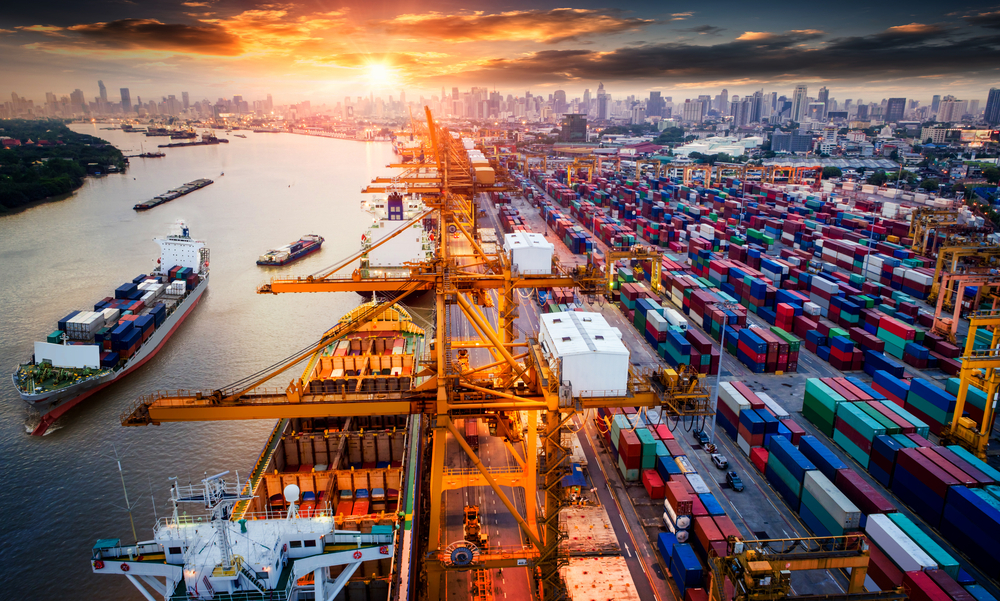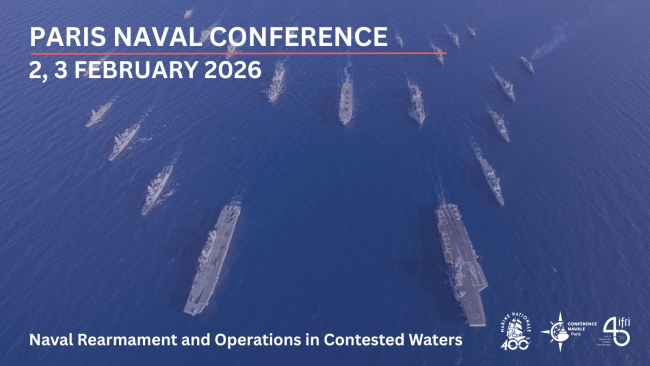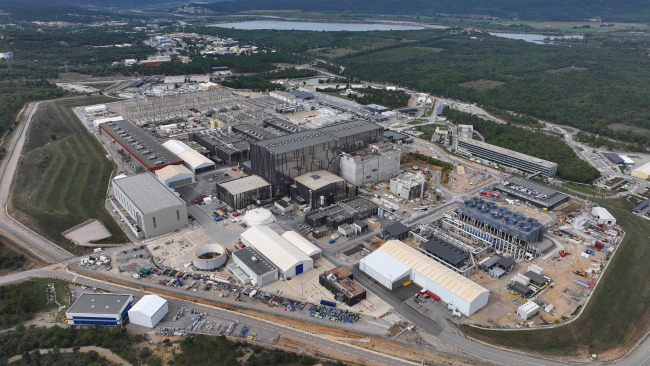How did the coronavirus crisis accelerate the restructuration of global value chains?

Practical information
Toward a reshoring of industrial activities in Europe? A study of the Technical University of Munich (TUM München) underlines the global tendency toward a reshoring of activities in the country of origin or the nearshoring in countries lying in its vicinity which would entail an increased recourse to robotization.

In how far is Europe concerned and what are the foreseeable consequences? Which are the parameters for this evolution and how does it translate in some of Europe’s most vital industrial sectors?
Introduction
Philipp Siegert, Head Office, Hanns Seidel Foundation, Paris
Interventions
Dalia Marin, Professor of International Economics, Technical University of Munich
Patricia Commun, Professor of German Civilization, Université de Cergy-Pontoise
Moderation
Eric-André Martin, Secretary General of the Study Committee on Franco-German Relations (Cerfa), Ifri
Replay
Related Subjects
Other events

Paris Naval Conference 2026: Naval Rearmament and Operations in Contested Waters
This fourth edition of the Paris Naval Conference (CNP), bringing together high-level military, industrial, and academic speakers, will address the challenges associated with general naval rearmament and naval operations in increasingly contested environments.

Is Fusion Coming Faster and Cheaper than Expected?
ITER was for long time the embodiment of fusion as an international, long standing R&D cooperation objective to seek a new way to produce safe, low carbon and abundant low carbon electricity. Yet over past years, fusion start ups, several governments and investors have decided to push fusion R&D and deployment to complement ITER. Major efforts are ongoing notably in the United States, China, Germany, Italy.

EV Supply Chains for Japan and Europe: Strengthening Economic Security
Economic security aims to ensure the resilience of supply chains for key industries: the case of electric vehicle production in Japan and Europe will be discussed.







